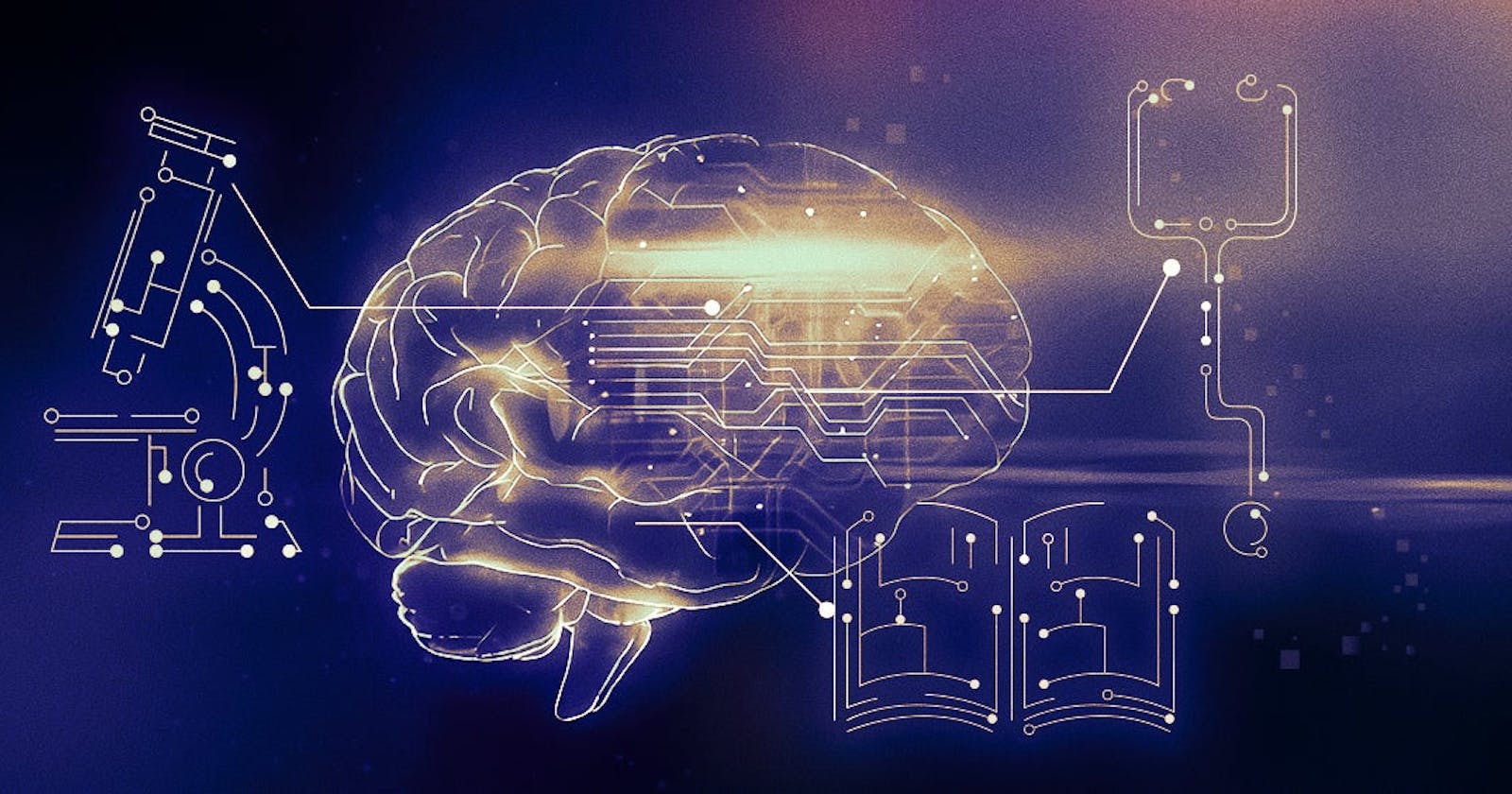AI: regulations and it's importance
Why AI regulations are important? And How it will affect on innovation
Previously Published on [Indium Software]
AI has undeniably revolutionized our lives, brought unparalleled convenience and paving the way for a promising future, from simple conveniences like text autocorrection to groundbreaking calculations propelling us towards a multi-planetary existence. Everywhere, AI has a place. However, the lack of sufficient regulation for AI, along with the absence of robust data governance and AI & ML solutions, leaves us open to dangers to our privacy, security, and ethical concerns. Data engineering services, coupled with strong data governance practices, are essential to ensure that the collection, storage, and usage of data in AI systems are done in a responsible and transparent manner. As AI develops, there should be some safeguards in place, both from a regulatory perspective and through the implementation of AI & ML solutions, to ensure that technology is used morally and responsibly.
What is Artificial Intelligence (AI)?
Artificial Intelligence (AI) is a field of computer science that focuses on creating intelligent machines capable of performing tasks that typically require human intelligence, such as speech recognition, problem-solving, and decision-making. AI algorithms can be trained to learn from data and adapt to new information, allowing them to improve their performance over time. There are various approaches to AI, including rule-based systems, machine learning, and deep learning, each with its own advantages and limitations. AI is rapidly transforming various industries, from healthcare and finance to manufacturing and transportation, and has the potential to revolutionize the way we live and work. However, there are also concerns about the ethical and social implications of AI, including job displacement, bias, privacy, and security, which need to be addressed to ensure that AI benefits society.
The Importance of Competent Regulation for Artificial Intelligence (AI)
Establishing competent regulation is crucial as AI develops at a rapid pace and permeates society more and more. Data governance, along with data engineering services, plays a critical role in ensuring responsible AI implementation by addressing issues of privacy, accountability, and transparency. Unregulated AI poses serious hazards and difficulties without sufficient supervision and direction, including the possibility of unfair or discriminatory decision-making and the wrongful use of personal information. Additionally, there are ethical issues surrounding the creation and application of AI that must be considered. However, by putting in place responsible AI regulation, we can reduce these risks and take advantage of the potential advantages of AI, like improved efficiency, better healthcare, and improved decision-making.
Current landscape of AI regulation
Different nations and regions have different levels of AI regulation at the moment. While some have put in place thorough frameworks, others have yet to create any kind of rule at all. There have been complaints that the current legal frameworks for AI are insufficient to cover the whole spectrum of hazards and ethical issues related to the technology. These frameworks often concentrate on topics like privacy, data protection, and transparency. According to critics, the current AI regulatory environment is too disjointed and lacks precise definitions and guidelines. Regulating AI might potentially limit its potential benefits and hamper innovation, which is another worry. Despite these criticisms, the necessity of responsible AI regulation is increasingly acknowledged, and work is being done to create more efficient and thorough frameworks.
Key Principles for Responsible AI Regulation
A collection of fundamental principles that address the ethical issues surrounding the development and use of AI should serve as the foundation for responsible AI regulation. These principles call for the decisions made by AI systems to be transparent and explainable, as well as defensible. To prevent the persistence of prejudices and injustices, fairness and non-discrimination must also be guaranteed. To ensure that persons in charge of AI system actions are held accountable for any unfavorable effects they may have, accountability and responsibility are crucial. To avoid the misuse or improper management of personal data, privacy and data protection must be protected. In order to ensure that AI systems are used in ways that are consistent with human values and interests, human oversight and control must also be maintained. Responsible AI legislation can minimize dangers and maximize benefits for society as a whole by abiding by these principles.
Challenges and Roadblocks to Implementing Responsible AI Regulation.
Even if responsible AI legislation must be established, there are a number of problems that must be handled. One of the main issues is the practical and technological limitations on governing AI, which can be difficult to understand and sophisticated. Another significant hurdle is political and economic opposition to regulation, which some may argue could stifle innovation or have negative impacts on the economy. Additionally, international cooperation and coordination are necessary to construct consistent and effective regulatory frameworks due to the global nature of AI development and deployment. To ensure that AI’s potential benefits are realized while minimizing its risks and ethical problems, policymakers, business leaders, and the general public will need to collaborate to address these issues.
Conclusion
Ultimately, responsible AI regulation is necessary to make sure that AI is created and deployed in a way that is consistent with human values and interests, maximizes its potential advantages, and reduces its risks. The creation of regulatory frameworks must be guided by the values of responsibility, openness, fairness, respect for privacy, and human scrutiny. Despite the difficulties of putting in place responsible AI regulation, legislators, business executives, and the general public must prioritize this problem and collaborate to create efficient and thorough frameworks that guarantee the moral and responsible use of AI. By doing this, we can make sure that AI technology works for the greater good and promotes a more fair and just society.

